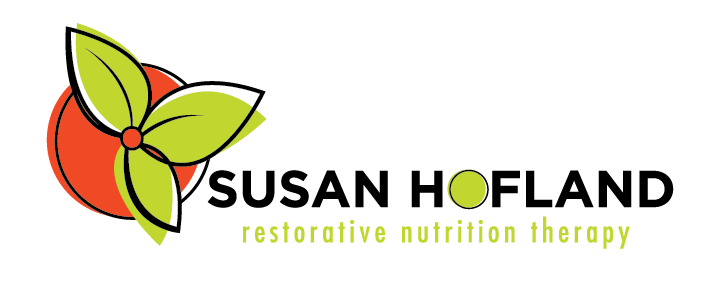What To Eat To Relieve Irritable Bowel Syndrome Or IBS
Irritable bowel syndrome (also known as (IBS), mucous colitis, nervous intestine) is a disorder of the digestive system which can cause abdominal pain, abnormal stools (constipation alternating with diarrhea) and as susceptibility to fibromyalgia, chronic fatigue, migraine, low pressure, and hypoglycemia.
According to the data, nearly 15% of the population would have symptoms of irritable bowel syndrome. However, the diagnosis is difficult because the physical signs (characterized by the absence of inflammatory reaction) are not detected by radiography, endoscopy and laboratory tests.
Causes of irritable bowel syndrome
The causes of this syndrome are still unknown; some cases would result from bacterial infection in the gastrointestinal tract while others would be associated with the imbalance of the intestinal flora. There is consensus around the theory that meals in general and stress are triggers for intestinal pain in people with this disorder.
Food adjustments to regulate your digestion
Tame Soluble Fibers
Soluble fiber very often has a calming effect on the digestive tract, while the insoluble version seems to stimulate the intestinal contractions that are common with irritable bowel syndrome. Bet on:
- Oat cereals (oatmeal and bran)
- quinoa (pasta and flakes)
- rye (bread or flour) which is full of soluble fiber.
Say goodbye to insoluble fiber
- wheat cereals (bread, bran, couscous or bulgur, among others)
- whole nuts and seeds (almonds, pistachios, linseed, among others).
Adopt a low-fat diet
All fats, whether they are “good” (unsaturated lipids) or “bad” (saturated and trans fats) are to be restricted … They slow down digestion and cause spasms of the digestive system.
Avoid:
- fried foods (croquettes of all kinds, General Tao chicken, fried squid, etc.)
- fat-rich salad dressings
- the meat, poultry and fish most greasy (half-lean minced meat, sausages, meats such as salami and bologna, chicken and duck skin, salmon, etc.).
Remove “gasogenic” foods
The word says it, these commodities cause gas! Although digestive reactions vary from one person to another, some ingredients have a reputation for being bothersome to people who are affected by irritable bowel syndrome:
- legume starch (chickpeas, red beans, soybeans …)
- fructose contained in fruits (raw apples or compote, figs, and dates …)
- the cruciferous family (Brussels sprouts, cauliflower, broccoli …)
- artificial sweeteners such as sorbitol and mannitol (chewing gums and sweets without sugar, soft drinks, and hypocaloric drinks …).
Allied for intestinal health
Probiotics
These good bacteria maintain the intestinal flora and fight against the bad bacteria in the body. Our intestines are home to more than 100,000 billion bacteria, the majority promoting health and digestion. Probiotics would relieve symptoms of irritable bowel syndrome, regulating intestinal transit and reducing digestive upset.
For your dose of probiotics, consume fermented foods such as kefir yogurt, Bio-K © milk, tempeh (which is a tofu derivative) and sauerkraut. Probiotic supplements are useful, as long as you choose enteric-coated tablets to prevent the bacteria from being destroyed by the acidity of the stomach.
Herbs
Spicy dishes are often the food nightmare for people with irritable bowel syndrome. Herbs can replace spices (pepper, chili, cinnamon, curry …) to ensure digestive comfort without sacrificing taste. Stock up on herbs, either:
- the labiés (basil, mint, oregano, thyme …)
- umbelliferae (dill, anise, coriander, parsley …).
- peppermint, which tends to relax the intestinal muscles, when taken in leaves rather than essential oil (this form seems to aggravate the heartburn).
Opt for the decaffeinated
Caffeine can cause harm to the intestines since this substance stimulates the nervous system and causes intestinal contractions. The foods that contain the most are of course: coffee, tea, energy and carbonated drinks, chocolate and cocoa.
Know that theine, guarana and mate are synonymous with caffeine. Go for decaffeinated coffees, chicory beverages, herbal teas and Rooibos teas (they are naturally decaffeinated), sparkling waters and carob products.
Health habits
Stress reduction
The stressors of life can damage your health, both physically and mentally. Stress management will help soften digestion and improve your quality of life. Physical activity, yoga, meditation, massage therapy and breathing techniques are excellent strategies for dealing with stress. It is shown that exercise can solve constipation, so go hop!
Eat often, slowly and at fixed times
In case of irritable bowel, it is better to eat at regular times, every 3 or 4 hours, and in smaller amounts each time. In addition, chewing food well will help to better digest, in addition, to further appreciate the taste of food. Finally, to prevent air ingestion and subsequent bloating, avoid chewing gum and drinking your beverages with a straw.


